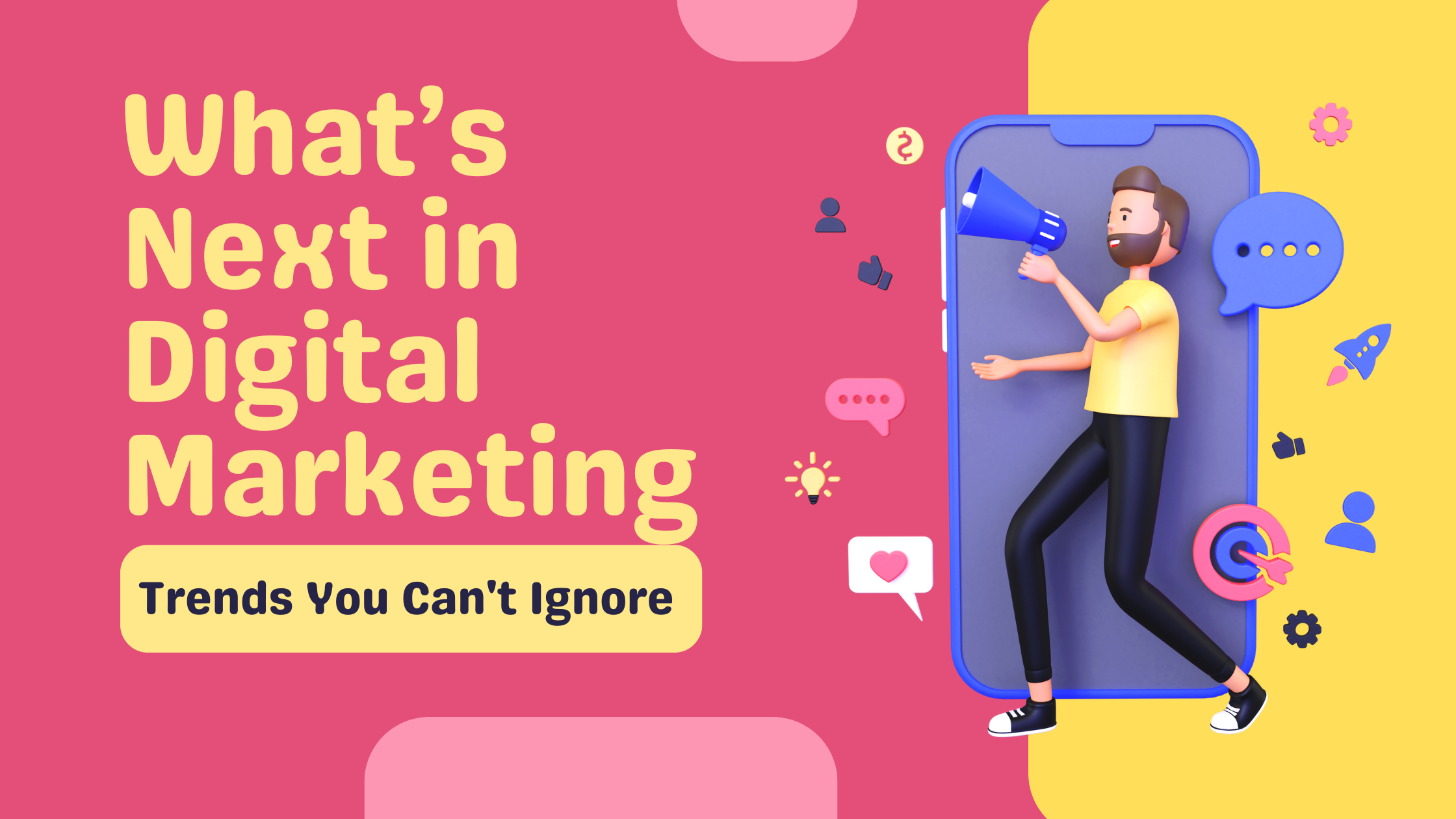
The dynamic world of digital marketing is constantly evolving, and 2025 is set to bring even more innovation and change. As new platforms emerge and existing ones adapt, marketers must stay ahead by embracing fresh strategies and tools. Additionally, tighter budgets will challenge teams to do more with less, making efficiency a top priority. Technologies like AI and machine learning will continue to revolutionize campaign management, offering data-driven insights and automation opportunities. In this fast-paced landscape, staying informed about trends is crucial for success.
Moreover, consumer behavior is expected to shift significantly, with personalization and authenticity driving engagement like never before. People now expect brands to connect on a deeper level, valuing transparency and ethical practices. Social media will remain a key player, but evolving algorithms will demand creative approaches to maintain visibility. At the same time, immersive experiences like augmented reality (AR) and virtual reality (VR) will enhance how brands tell their stories. By understanding and adapting to these trends, businesses can position themselves for long-term growth and success in 2025.
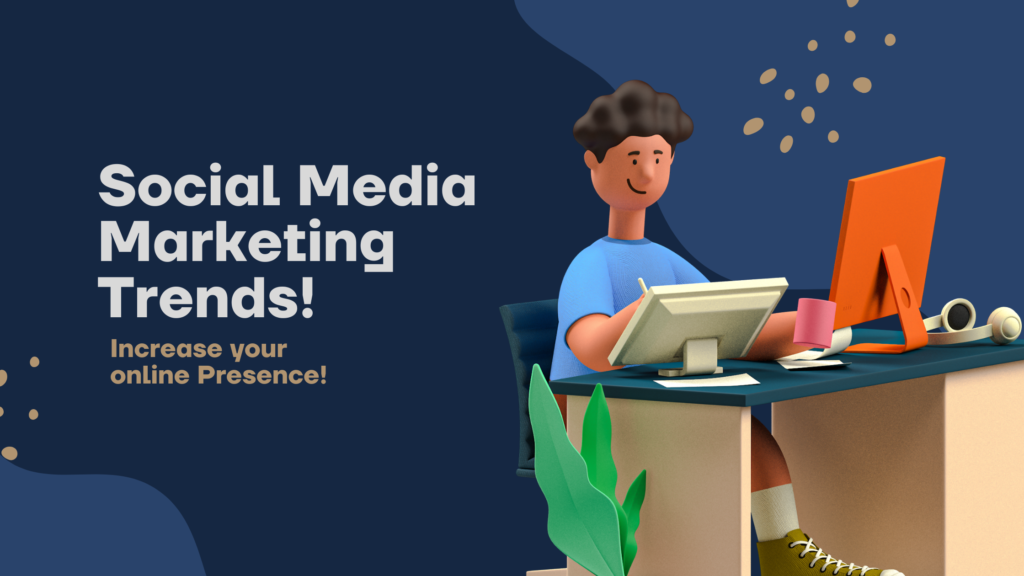
Social media marketing continues to evolve, and in 2025, it’s all about authenticity, creativity, and community engagement. Platforms are prioritizing short-form videos, live streams, and user-generated content to capture audience attention. Additionally, niche communities are gaining traction, offering brands opportunities to connect with highly targeted audiences. Social commerce is expected to grow, making it easier for users to shop directly through posts and live streams. Moreover, algorithm changes will reward meaningful interactions, pushing brands to focus on quality over quantity in their content strategies. Staying adaptable and engaging will be key to thriving in this space.
The battle of platforms: Social media is a cornerstone of marketing strategies, but platforms are shifting. With X (formerly Twitter) experiencing a decline, BlueSky and Threads are attracting users with their community-driven and ad-free approaches. Threads, boasting 275 million users, offers simplicity and opportunities for organic engagement.
Employee-generated content (EGC): On LinkedIn, EGC is growing as a tool for transparency and authenticity, with 94% of consumers appreciating transparent brands. Employees sharing insights and stories can amplify brand trust and connection.
Customer collaboration: Moving beyond influencers, brands are embracing customer collaboration. User-generated content is evolving into community-driven campaigns, showcasing authentic brand interactions and fostering loyalty.
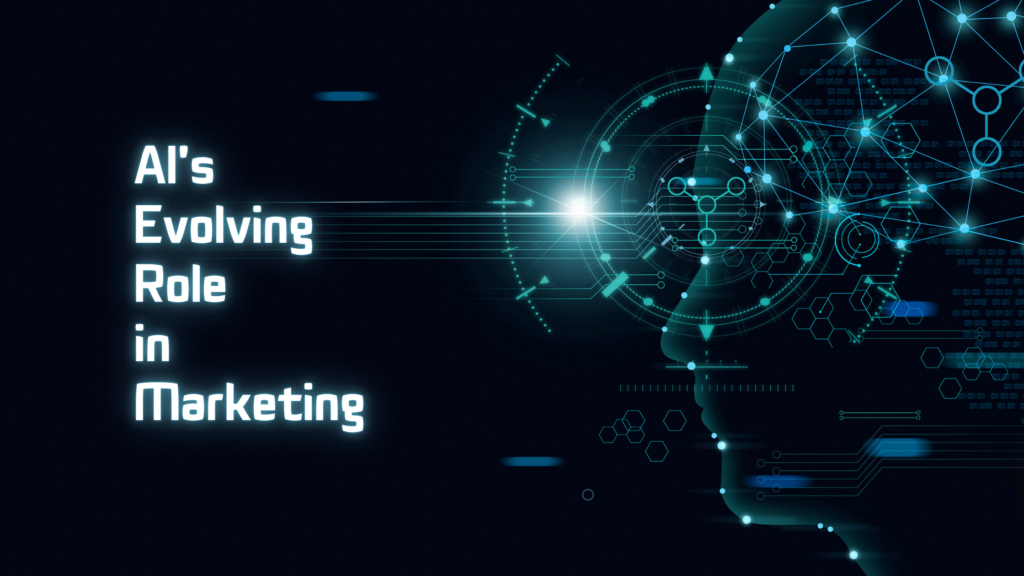
Artificial intelligence is no longer a myth; it is becoming the most important factor for marketing purposes. In fact, it is being adopted by various fields worldwide. In 2025, AI is reshaping how brands connect with audiences, offering smarter tools for personalization, automation, and decision-making.
Avoiding AI Fatigue: While AI adoption continues to surge, marketers must be mindful of overloading their teams with complex tools and tasks. The goal should be to integrate AI seamlessly into existing processes, focusing on practical applications like data analysis, content creation, and campaign optimization. By doing so, marketers can avoid burnout and ensure AI enhances, rather than complicates, their workflows.
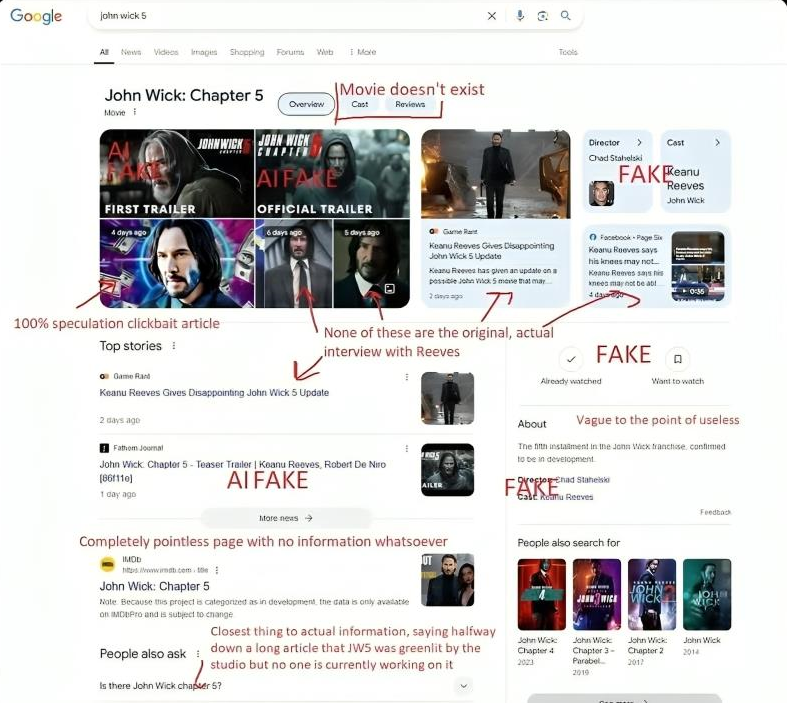
As we move into 2025, the digital landscape is undergoing an unsettling transformation. AI-generated content, once hailed as a marvel of modern technology, has now taken over much of the internet. Platforms like Temu, TikTok, and similar apps have created an ecosystem where the line between genuine, human-generated experiences and synthetic content is increasingly difficult to distinguish. This phenomenon, often referred to as the “temufication” of the internet, is reshaping the very fabric of online interaction, consumption, and marketing.
In many ways, the AI-powered algorithms of these platforms dictate what we see, how we feel, and what we buy. The flood of AI-generated images and text has led to a dehumanization of online spaces. Instead of being a place for authentic connection, the internet is becoming a monotonous, overly curated feed of glossy, templated content. Social media platforms, eCommerce sites, and even news outlets are now filled with mass-produced posts, ad campaigns, and entire websites built on AI-generated narratives.
The rise of AI-driven content across platforms like Temu and TikTok has led to a phenomenon where the line between authentic human-generated content and synthetic content is blurring. This “temufication” of the internet may dehumanize digital spaces, making it harder for users to connect with genuine experiences. Personalized experiences are now dominated by AI-driven curation, blurring the lines between real and artificial, making it difficult for users to discern truth from manipulation.
This temufication effect not only affects consumers but also challenges the very essence of brands. The effectiveness of marketing strategies has shifted dramatically; engagement metrics are now often driven by clickbait headlines and superficial interactions rather than meaningful connections with the audience. As the market becomes saturated with AI-generated content, the originality and creativity that once defined successful campaigns are at risk of being obliterated. This inadequacy may lead brands to a critical juncture where they must either adapt or become obsolete.
Consumers are becoming increasingly numb to the barrage of perfectly optimized content. Studies indicate that users are expressing fatigue over the polished yet hollow nature of AI-generated experiences, seeking authenticity in a landscape dominated by faceless algorithms. As they navigate this sea of synthesized content, there is an emerging longing for the human touch – stories told by real people, with real emotions and relatable experiences.
Marketers are facing a dilemma. The demand for more humanized, emotionally intelligent, and meaningful content is growing louder as users begin to rebel against the machine-generated landscape. However, as the fabric of reality is rewritten by these AI-driven platforms, brands must work harder than ever to regain authenticity and trust in their marketing efforts.
As the temufication of the internet continues, the need for genuine human interaction becomes ever more critical. Digital marketers must shift away from relying solely on automated content generation and return to a place where storytelling, creativity, and human connection can thrive. This might involve investing in content creation that highlights personal stories, real-life testimonials, and community-driven initiatives.
An essential strategy could be to leverage user-generated content (UGC) that resonates with the audience on a personal level. By incorporating UGC into their marketing strategies, brands can foster a sense of community and belonging, creating a two-way interaction rather than a one-sided conversation driven solely by sales pitches.
In a world overwhelmed by AI, the true challenge will be crafting content that feels personal, real, and relatable – content that cuts through the artificial noise and engages consumers on a deeper level.
The future of marketing will be defined by this balance between automation and authenticity. While AI is not going away, the brands that succeed in 2025 and beyond will be those that can humanize their approach and create experiences that stand apart from the increasingly synthetic digital world. In doing so, they will offer not just products or services but experiences that resonate with consumers’ hearts and minds, fostering loyalty in an ever-transforming digital era.
AI agents are becoming increasingly sophisticated, allowing for the automation of more complex tasks. These intelligent systems help streamline processes such as customer segmentation and dynamic pricing, freeing up valuable time for marketers. With AI handling these repetitive and time-consuming tasks, businesses can focus on strategy and creativity, improving both efficiency and effectiveness.
AI is revolutionizing the eCommerce landscape by offering personalized shopping experiences and enhancing customer engagement. From personalized recommendations based on user behavior to voice commerce and visual search, AI helps create a seamless, intuitive shopping journey. As a result, businesses can drive higher conversion rates while streamlining their operations, delivering a more efficient and satisfying customer experience.
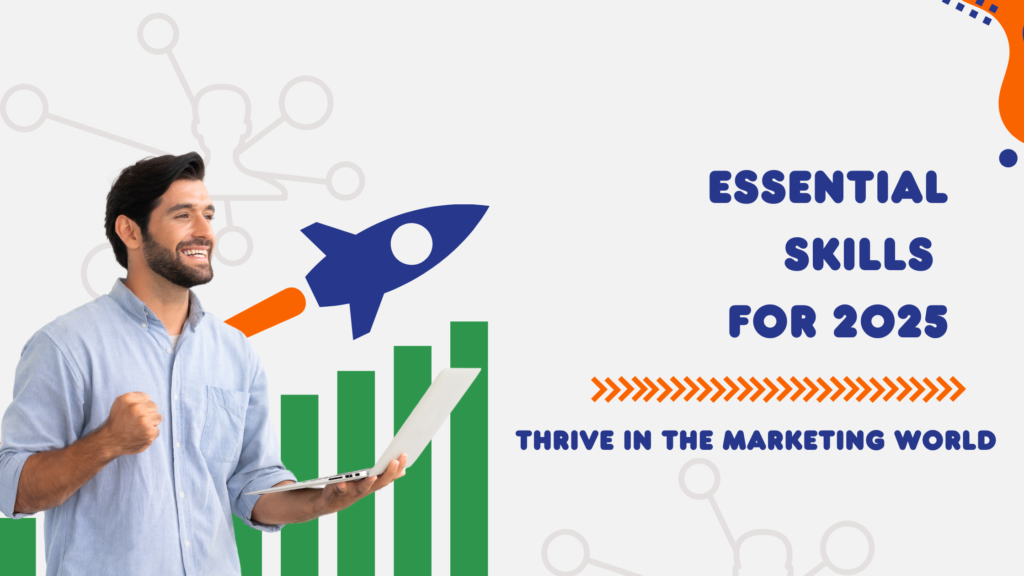
It is always essential to stay informed and updated to stay ahead in any field, and this is no different here. Marketers must adapt to new technologies, platforms, and strategies to remain competitive. Let’s explore the critical skills that will define successful marketers in the coming year.
Soft skills matter: As AI and automation handle more repetitive tasks, marketers must focus on enhancing their soft skills. Problem-solving is essential for addressing challenges creatively, while collaboration ensures effective teamwork. Creativity will still be a top asset, enabling marketers to design campaigns that stand out in a crowded digital landscape. These human skills will be crucial in maintaining the personal touch that AI cannot replicate.
Refining AI expertise: Marketers can’t just use AI tools; they must gain a deeper understanding of them. Knowing how AI platforms work, their potential, and their limitations will give marketers a competitive edge. This expertise will allow them to harness AI for tasks like personalization, predictive analytics, and customer insights more effectively. Marketers who can make data-driven decisions with AI will stand out in 2025.
Beyond marketing: In 2025, marketers must see the bigger picture. A comprehensive understanding of the entire business ecosystem is becoming increasingly important. By aligning marketing strategies with broader business goals, marketers can contribute more directly to growth and profitability. Having this business acumen will help marketers not just push campaigns, but drive real business results.
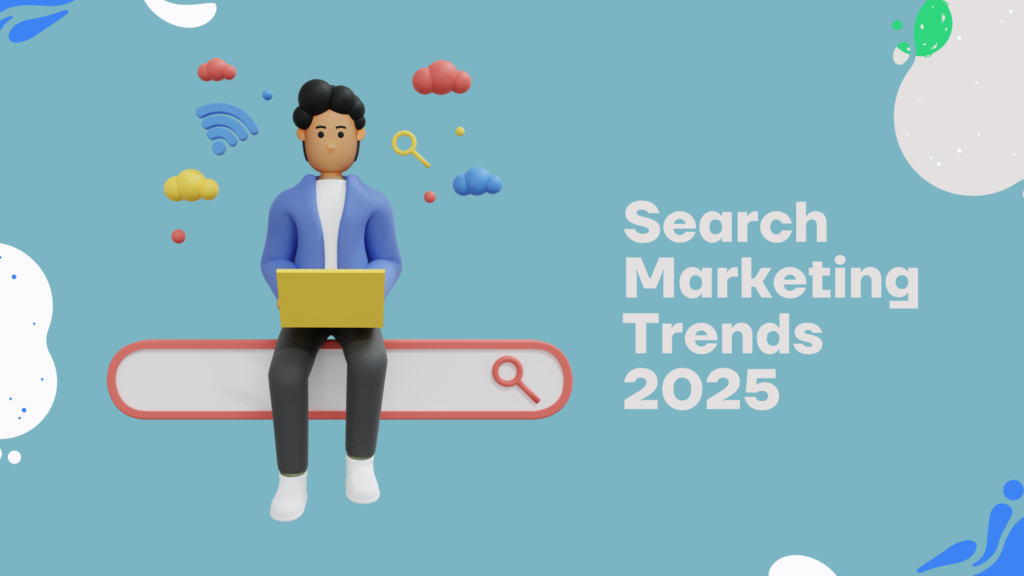
Search marketing continues to evolve as search engines refine their algorithms and user behaviors shift. In 2025, marketers must adapt to these changes to stay visible and drive meaningful traffic. Let’s explore the search marketing trends to watch for in the coming year.
Social search dominance: As Gen Z and younger audiences prioritize social platforms for search, it’s crucial for brands to optimize their profiles and content. Platforms like Instagram, TikTok, and YouTube are becoming vital search engines, with users looking for product recommendations, reviews, and trends. To capture this growing traffic, brands must focus on visual storytelling, user-generated content, and targeted ads that resonate with younger, social-first users.
TikTok’s Impact on Digital Marketing in 2025: TikTok continues to disrupt the digital marketing landscape, with over a billion active users globally. It’s a dominant force in short-form video content and social commerce, but its future is now uncertain due to recent developments regarding its operations in the USA.
Potential Ban in the USA: TikTok faces ongoing scrutiny from U.S. lawmakers concerning data privacy and its potential links to the Chinese government. If the platform were to be banned, it could significantly impact marketers who rely on it to engage younger audiences. Brands would need to diversify their strategies, shifting focus to alternative platforms like Instagram Reels, YouTube Shorts, or even emerging ones such as Threads and BlueSky.
Acquisition Speculation by Elon Musk: There’s growing speculation about Elon Musk potentially acquiring TikTok, which could lead to significant shifts in the platform’s direction. If Musk takes over, we might see changes similar to what he’s implemented at X (formerly Twitter), such as a move towards paid features, enhanced community-driven content, or integration with other tech ecosystems. While these changes could open new opportunities for marketers, they may also require brands to rethink their content strategies to stay aligned with the evolving platform.
Short-form Vertical Videos: Short-form, vertical video marketing is the star of today’s digital marketing strategy, and TikTok, Instagram Reels, and YouTube Shorts are leading the way. These platforms boast the highest return on investment (ROI) compared to other marketing strategies. HubSpot reports that 67% of social media marketers plan to invest more in short-form content in the near future. TikTok, in particular, boasts over one billion active monthly users and drives user interest in brands, with almost three-quarters of users saying that the app inspires them to look up products and brands online.
Voice search and GEO: The rise of voice search, driven by smart devices and conversational AI, is changing the search landscape. Users are increasingly engaging with voice-activated assistants, using natural language queries.So, optimizing for voice search is becoming a necessity. Additionally, Generative Engine Optimization (GEO) will gain importance, as AI-driven search results provide more personalized, trust-based recommendations. Brands will need to adapt content strategies to meet the evolving demands of voice search and localized, AI-powered queries.

Content marketing is continually evolving, driven by changing consumer behaviors and technological advancements. In 2025, brands will need to adapt their strategies to remain relevant and engaging. With the rise of new content formats and the need for personalization, staying ahead will require creativity, data-driven insights, and a deep understanding of audience preferences. Let’s explore the key elements shaping content marketing in 2025.
Reviving older content: Updating older content is a powerful strategy for boosting traffic and improving search rankings. By refreshing outdated information, adding new insights, and optimizing for current SEO trends, brands can give their content a second life. This method can be adapted to enhance relevance and user engagement. As search engines prioritize fresh content, revamping older articles or blog posts can drive more organic traffic and solidify a brand’s authority in its field.
Human + AI synergy: A harmonious blend of AI tools and human creativity is the future of content creation. AI can streamline repetitive tasks like data analysis and content generation, while human insight ensures the content remains authentic and emotionally resonant. This synergy aligns perfectly with Google’s E-E-A-T (Experience, Expertise, Authoritativeness, and Trustworthiness) guidelines, boosting content quality and trustworthiness. As AI continues to evolve, combining these technologies with human expertise will be crucial for producing content that ranks higher and builds audience loyalty.
Gen Alpha’s emergence: As Gen Alpha, the first generation born entirely in the 21st century, begins to make their mark as consumers, brands must adapt to their unique characteristics. This tech-savvy, socially conscious generation expects personalized, engaging, and impactful content. Brands will need to focus on sustainability, inclusivity, and authenticity in their messaging to resonate with Gen Alpha’s values. Additionally, leveraging platforms like TikTok and YouTube, which Gen Alpha gravitates toward, will be essential for connecting with this emerging audience.
2025 is expected to bring new challenges and opportunities for marketers. As budget constraints, platform shifts, and technological advancements continue to disrupt the landscape, businesses will need to stay agile. Marketers will need to be proactive in embracing emerging trends and refining their strategies to remain competitive. Understanding the evolving role of AI, the dominance of social search, and the growing importance of content authenticity will be crucial for success. By staying ahead of these changes, businesses can unlock new avenues for growth and engagement with their audience. The landscape may be shifting, but with the right approach, success is within reach.
To navigate this evolving environment, expert guidance will be essential. Marketers will need to refine their skills, optimize their digital marketing strategies, and incorporate the latest technologies to stay ahead. Whether it’s leveraging AI tools for content creation or adapting to Gen Alpha’s expectations, it’s important to continuously innovate and stay relevant. At MindBees, we specialize in crafting results-driven campaigns tailored to your business needs. Our team will help you adapt to the changing landscape and maximize your marketing efforts. Make 2025 work for you, rather than you working for it. Shine bright!